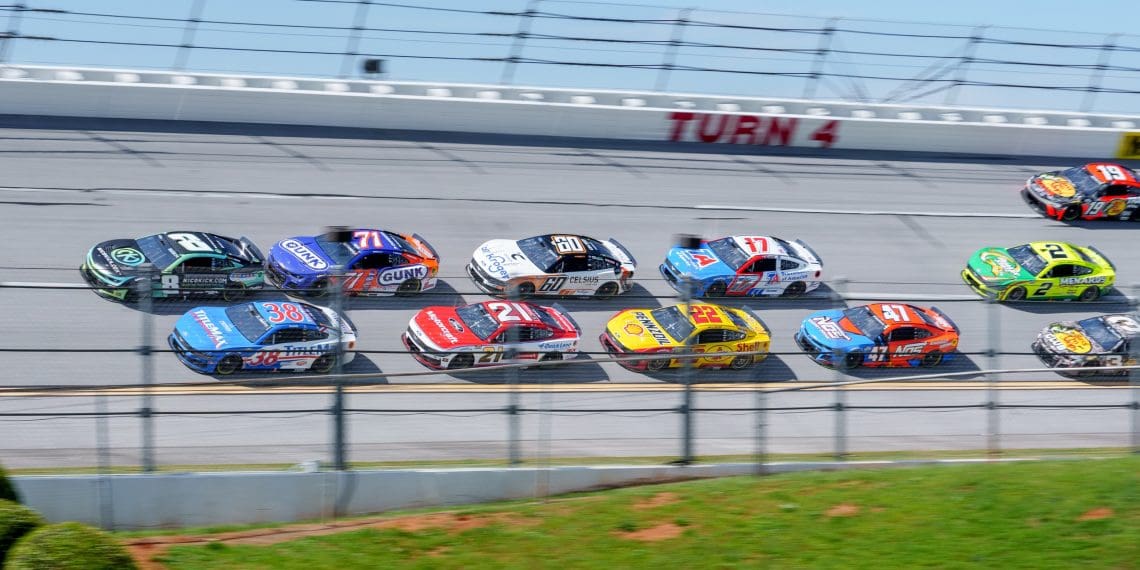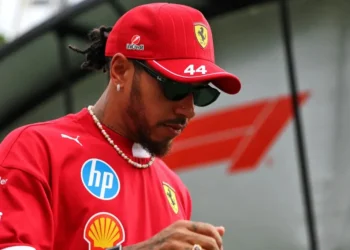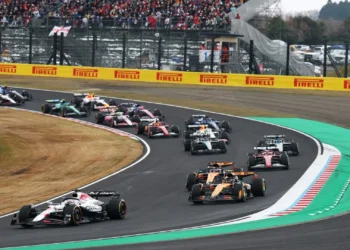NASCAR Shakes Things Up with Major Rule Changes for Teams
In a surprising turn of events, NASCAR has unleashed a wave of new amendments just before the much-anticipated race at the Texas Motor Speedway. These changes come hot on the heels of a somewhat controversial Talladega race that left fans disgruntled due to the disqualifications of top-5 finishers Ryan Preece and Joey Logano.
The latest regulations introduced by NASCAR primarily focus on in-season testing, with a special emphasis on technical infractions. The landscape of in-season testing has been segmented into various sessions based on the nature of the testing, covering aspects such as vehicle performance, tire assessments, and organizational evaluations. Some rules have been freshly added, while existing ones have been substantially revised for the upcoming seasons.
The aim of these changes is to enhance the overall quality of the sport and ensure that any testing conducted contributes meaningfully to the development and competitiveness of the teams. NASCAR has taken a firm stance on unauthorized testing, emphasizing that teams, OEMs, drivers, or affiliates are strictly prohibited from independently renting, leasing, or utilizing a National Series track for testing or practice without explicit authorization.
Moreover, a notable alteration concerns tire testing during the playoffs or at playoff racetracks. Moving forward, only teams that have qualified for the playoffs will be eligible to participate in such tests, a departure from the previous exclusion of playoff drivers from these sessions. These qualified teams are limited to a single tire test opportunity, streamlining the testing process and ensuring fairness across the board.
NASCAR has also introduced a new category known as ‘New Organization Testing,’ specifically tailored for fresh entrants in the sport. Teams that have competed in three races or fewer are categorized as new organizations, a significant shift from the previous threshold of 20 races or a minimum of two seasons. Furthermore, organizations absent from the Series for three or more years may also be classified as new entrants, fostering a more inclusive testing environment.
The rulebook bulletin #12 released by NASCAR outlines a series of updates, including restrictions on the duration of test sessions, which are now capped at two consecutive days. This limitation aims to prevent teams from elongating test sessions over an extended period, potentially gaining an unfair advantage over competitors.
Furthermore, NASCAR has introduced specific regulations for different series, such as the Truck Series, mandating secure mounting of body panels to prevent deflection. Additional requirements include ensuring the proper fastening of Truck splitters and attachment hardware throughout the race weekend, aiming to curb any attempts at gaining aerodynamic advantages through technical manipulations.
These sweeping changes in NASCAR’s regulatory framework appear to be a direct response to recent disqualifications and criticisms surrounding race outcomes. The effectiveness of these amendments in refining the racing experience, particularly during the playoffs, and reducing disqualifications remains to be seen. The racing community eagerly anticipates the impact of these revisions on the upcoming races. What are your thoughts on these groundbreaking changes? Share your views in the comments section below!










